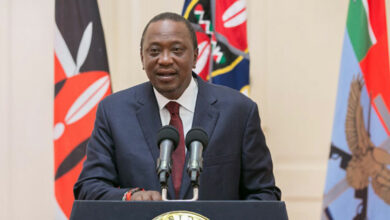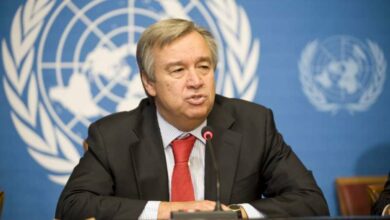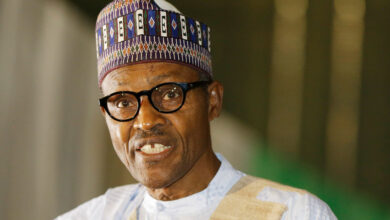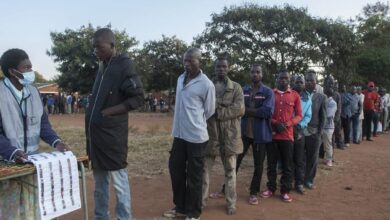Nigeria
Nigeria Government Considering Imposing Lockdown In 18 Local Governments
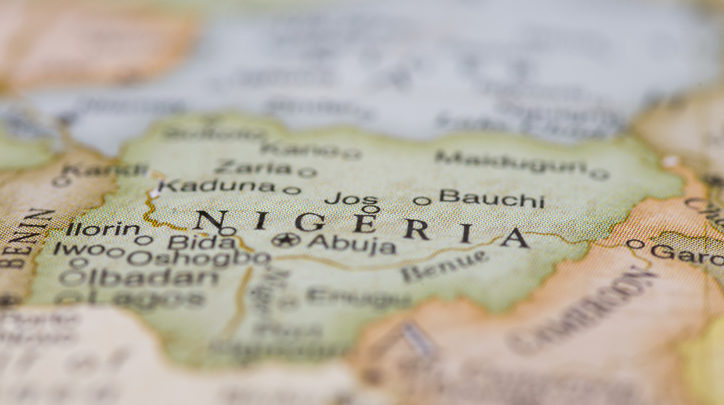
Nigeria Government on Monday hinted that is considering imposing lockdown in 18 local governments in the country, reported The Guardian.
Boss Mustapha, the Chairman of the Presidential Task Force on COVID-19, made the disclosure during the daily briefing in Abuja.
Mustapha did not mention the names of the states where the lockdown would be implemented but said that the areas account for 60 percent of confirmed COVID-19 cases in Nigeria in the next phase of eased lockdown in the country. He said affected state governments would implement a precision lockdown.
On Monday, the Nigeria Centre for Disease Control (NCDC) confirmed the number of coronavirus (COVID-19) cases in the country has exceeded the 25,000 mark, following the report of 566 infections. The new cases were recorded across 19 states of the federation and the Federal Capital Territory (FCT). The five states with the highest number of infections were Lagos reporting 166 cases, Oyo 66 cases, Delta 53 cases, Ebonyi 43 cases, and Plateau 34 cases.
Nigeria has confirmed a total of 25,133 COVID-19 cases and 573 deaths.
Despite increase in coronavirus cases, the Nigerian government has eased some restrictions that had been imposed to stem the spread of the novel coronavirus. Mustapha confirmed that an interstate travel ban will be lifted starting from July 1 and domestic flights will be resumed. Notably, the lifting of the ban applies only outside curfew hours.
He said universities, high schools and secondary schools will reopen so final-year students can prepare for exams. Primary schools and nurseries will continue to be closed.
Mustapha added that a partial curfew imposed in the country was reduced to between 10 p.m. to 4 a.m. local time as of June 2 and was extended for four weeks starting from June 30 to July 27. Strict compliance to the use of face masks in public places remains.


